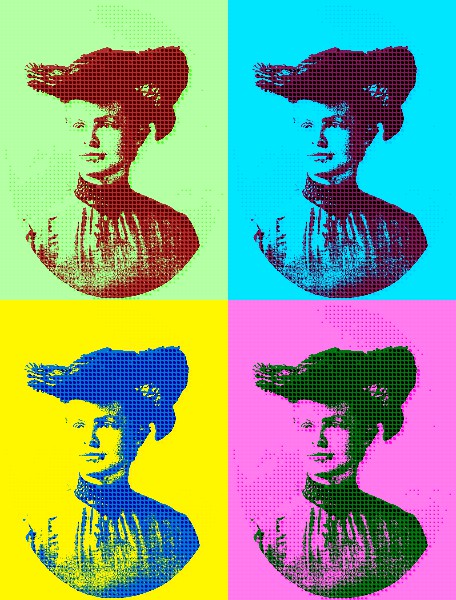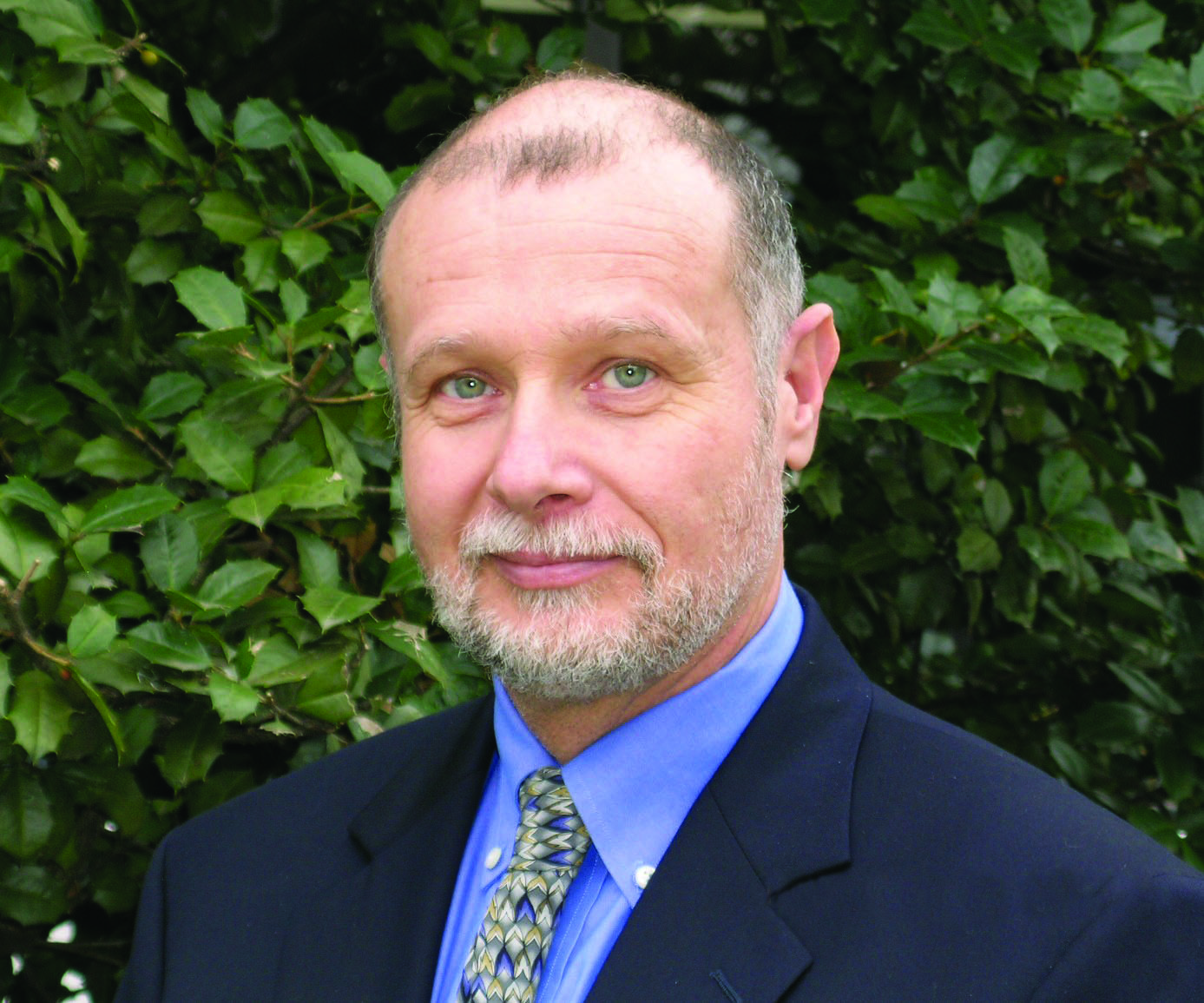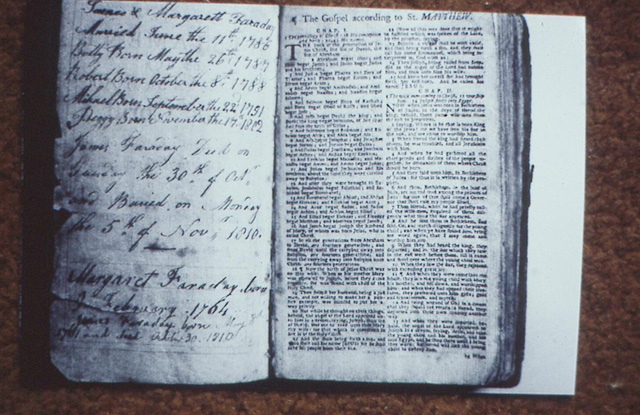
Debate Panel members – left to right: Professor Clare Grey (University of Cambridge), Dr Yann Laot (TOTAL, France), MEP Julie Girling (Chair), Dr Rosa Palacin, (ICMAB-CSIC, Spain), Professor Patrik Johnansson, (Chalmers University of Technology, Sweden), Dr Anne de Guibert (SAFT, France)
The first 2016, biannual meeting of the ALISTORE European Research Institute of leading European battery technology scientists took place in the CSIC (Consejo Superior de Investigaciones Cientificas) (National Research Council of Spain) European Office in Brussels across the 14th and 15th June 2016.
The two day event started with the theme “Future aspects of Materials Sciences & Electrochemistry research in the European Green Energy Economy: The role of the ALISTORE European Research Institute.” Discussion topics included : the current basic economics of energy storage technologies and those which can be coupled to renewable energy systems, the current bottlenecks in the improved performance greener battery supply chain and how we can create even better European – as opposed to national – efforts of R&D on energy storage solutions leading to faster product development and entry into the marketplace.
Member of the Environment Committee in the European Parliament Julie Girling chaired the debate by the scientific leaders in the first part of the meeting. The panel of scientific experts who led the debate included Dr. Anne de Guibert (SAFT, France, Industrial Club Member), Prof. Clare Grey (University of Cambridge, UK, Academic Member), Prof. Patrik Johansson (Chalmers University of Technology, Sweden, Academic Member), Dr .Yann Laot (TOTAL, France, Industrial Club Member), Dr. M. Rosa Palacin (ICMAB-CSIC, Spain, Academic Member).
(more…)


 The French research network on electrochemical energy storage (RS2E) – a public research organization focused on batteries and supercapacitors – has just launched the
The French research network on electrochemical energy storage (RS2E) – a public research organization focused on batteries and supercapacitors – has just launched the  Prior to the turn of the 20th century, society pondered a question that baffled people for millennia: What drives the sex of a baby? What makes a boy a boy? What makes a girl a girl?
Prior to the turn of the 20th century, society pondered a question that baffled people for millennia: What drives the sex of a baby? What makes a boy a boy? What makes a girl a girl?
 Former ECS President and U.S. Naval Research Laboratory scientist,
Former ECS President and U.S. Naval Research Laboratory scientist, 


